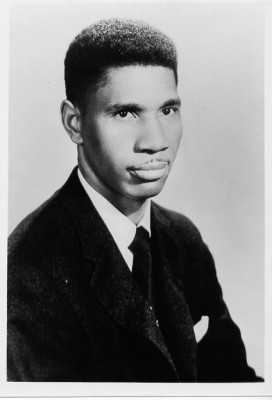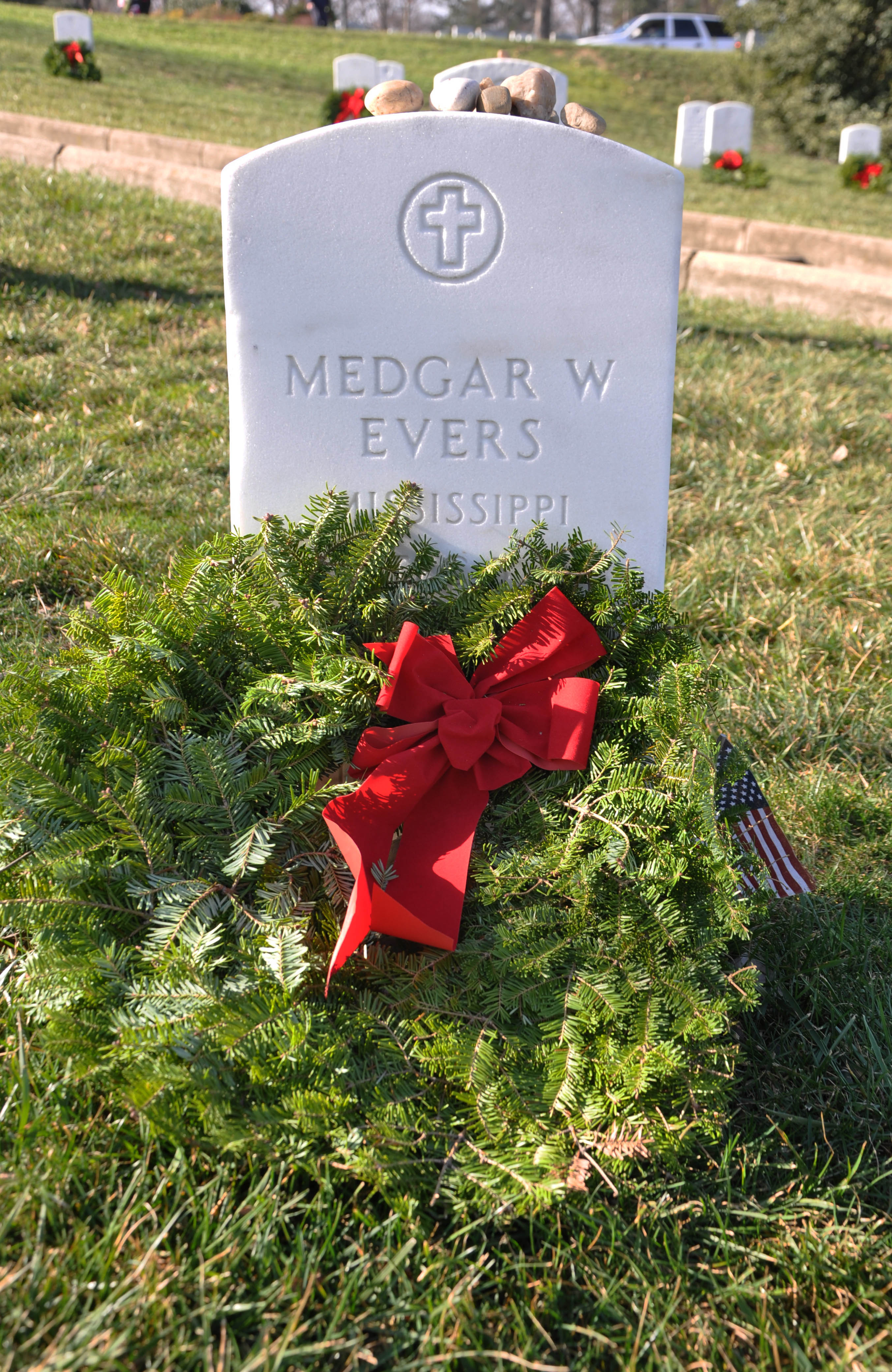Medgar Evers (Medgar Wiley Evers)

Medgar Wiley Evers (July 2, 1925 – June 12, 1963) was an American civil rights activist from Mississippi who worked to overturn segregation at the University of Mississippi and to enact social justice and voting rights. He is remembered for saying “You can kill a man, but you can’t kill an idea.” A World War II veteran and college graduate, he became active in the Civil Rights Movement in the 1950s. He became a field secretary for the National Association for the Advancement of Colored People (NAACP). Following the 1954 ruling of the United States Supreme Court in Brown v. Board of Education that segregated public schools were unconstitutional, Medgar Evers worked to gain admission for African Americans to the state-supported public University of Mississippi. He also worked on voting rights and registration, economic opportunity, access to public facilities, and other changes in the segregated society.
Medgar Evers was assassinated by Byron De La Beckwith, a member of the White Citizens’ Council, a group formed in 1954 to resist integration of schools and civil rights activity. As a veteran, Medgar Evers was buried with full military honors at Arlington National Cemetery. His murder and the resulting trials inspired civil rights protests, as well as numerous works of art, music and film. All-white juries failed to reach verdicts in the first two trials of Beckwith. He was convicted in a new state trial in 1994, based on new evidence. Myrlie Evers, widow of the activist, became a noted activist in her own right, serving as national chair of the NAACP. His brother Charles Evers was the first African-American mayor elected in Mississippi in the post-Reconstruction era when he won in 1969 in Fayette.
Born
- July, 02, 1925
- USA
- Decatur, Mississippi
Died
- June, 12, 1963
- USA
- Jackson, Mississippi
Cemetery
- Arlington National Cemetery
- Arlington, Virginia
- USA



